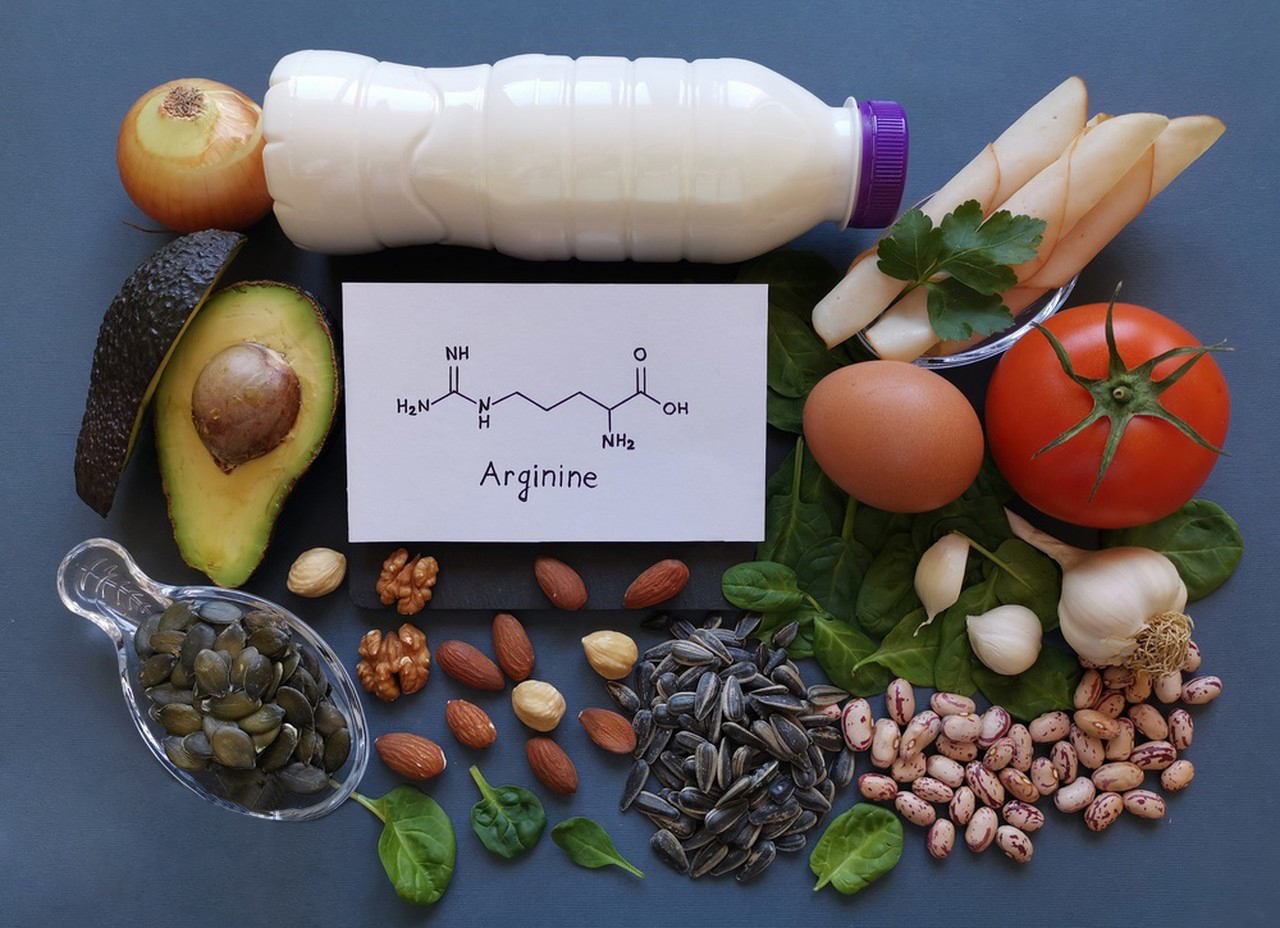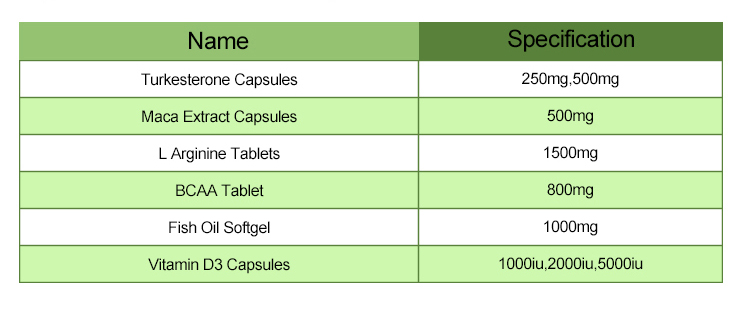L-arginine tablets typically contain the active ingredient L-arginine, which is an amino acid. In addition to L-arginine, the tablets may contain various other ingredients, including:
Fillers: These are inert substances added to the tablet to provide bulk and facilitate manufacturing. Common fillers include microcrystalline cellulose, dicalcium phosphate, and lactose.
Binders: These help hold the ingredients of the tablet together and ensure that it stays intact. Examples include cellulose derivatives like hydroxypropyl cellulose and croscarmellose sodium.
Lubricants: Lubricants prevent the tablet from sticking to the manufacturing equipment and ensure smooth tablet production. Common lubricants include magnesium stearate and stearic acid.
Coating agents: Some tablets may have a coating to improve taste, appearance, and ease of swallowing. Coating agents may include shellac, hydroxypropyl methylcellulose, or polyethylene glycol.
Preservatives and stabilizers: These ingredients help maintain the stability and shelf-life of the tablets. Common preservatives include antioxidants like vitamin E or stabilizers like silicon dioxide.

Flavorings and sweeteners: Some formulations may include flavorings and sweeteners to improve the taste of the tablets, especially if they are chewable or have a distinct flavor. Examples include artificial sweeteners like sucralose or natural flavors.
Colorants: Colorants are added to enhance the appearance of the tablet or to differentiate between different strengths or formulations. These can be natural or synthetic colorants.
It’s important to note that the specific ingredients and their proportions may vary depending on the brand and formulation of the L-arginine tablets. It’s always recommended to read the product label or consult a healthcare professional for accurate information on the ingredients in a particular product. Additionally, individuals with specific dietary restrictions or allergies should carefully review the ingredients list before consuming any supplement.
The application of L-Arginine Tablets
L-Arginine is an amino acid that plays several important roles in the body. It is involved in the production of proteins and nitric oxide, which helps relax blood vessels and improve circulation. L-Arginine supplements, typically available in tablet form, are used for various purposes due to these physiological effects. Here are some common applications of L-Arginine tablets:
Heart Health: L-Arginine is believed to improve blood flow by increasing nitric oxide levels, which can benefit heart health. It may help lower blood pressure and improve symptoms of coronary artery disease. However, individuals with existing heart conditions should consult a healthcare professional before taking L-Arginine supplements.
Erectile Dysfunction: L-Arginine may be helpful for men with erectile dysfunction (ED) because of its role in improving blood flow. Some studies suggest that L-Arginine supplementation may enhance sexual function, particularly in those with vascular-related ED. However, it’s essential to consult with a doctor before using L-Arginine for this purpose, as other treatments may be more effective or necessary.
Exercise Performance: Athletes and fitness enthusiasts sometimes use L-Arginine supplements to enhance exercise performance. By increasing blood flow and nutrient delivery to muscles, L-Arginine may help improve endurance and reduce fatigue during workouts. However, the evidence regarding its effectiveness for this purpose is mixed.
Wound Healing: L-Arginine is involved in various processes related to tissue repair and wound healing. Some studies suggest that L-Arginine supplementation may promote faster healing of wounds, particularly in individuals with certain medical conditions that impair wound healing, such as diabetes. However, more research is needed to confirm its effectiveness in this regard.

Immune Function: L-Arginine plays a role in immune function, including the production of white blood cells and cytokines that help fight infections. Some research suggests that L-Arginine supplementation may enhance immune function, particularly in individuals with certain medical conditions or during periods of increased stress on the immune system.
Nitric Oxide Production: L-Arginine is a precursor to nitric oxide, a molecule that relaxes blood vessels and improves circulation. Increasing nitric oxide levels may have various health benefits, including supporting cardiovascular health, promoting healthy blood pressure, and enhancing exercise performance.
Before taking L-Arginine tablets or any other supplement, it’s essential to consult with a healthcare professional, especially if you have any underlying health conditions or are taking medications. They can provide personalized advice based on your individual health needs and help determine whether L-Arginine supplementation is appropriate for you. Additionally, it’s crucial to follow recommended dosage guidelines and to purchase supplements from reputable sources to ensure quality and safety.
